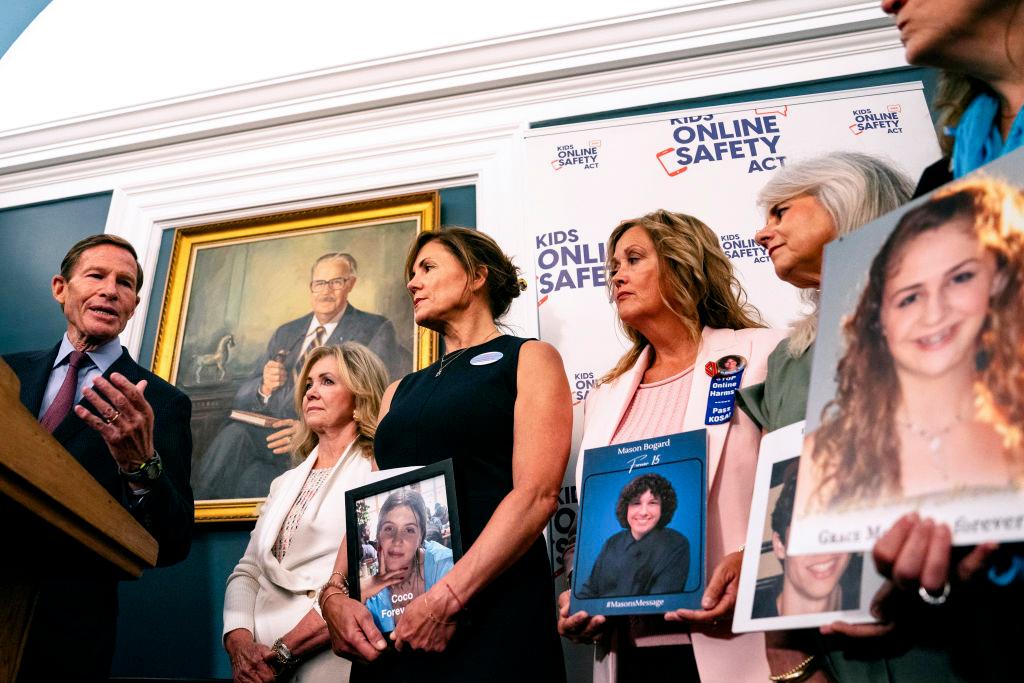The Senate on July 30 overwhelmingly approved legislation to protect children’s safety and privacy online.
The legislation passed in a 91–3 vote. Sens. Ron Wyden (D-Ore.), Rand Paul (R-Ky.), and Mike Lee (R-Utah) voted against the measures.

The Senate on July 30 overwhelmingly approved legislation to protect children’s safety and privacy online.
The legislation passed in a 91–3 vote. Sens. Ron Wyden (D-Ore.), Rand Paul (R-Ky.), and Mike Lee (R-Utah) voted against the measures.